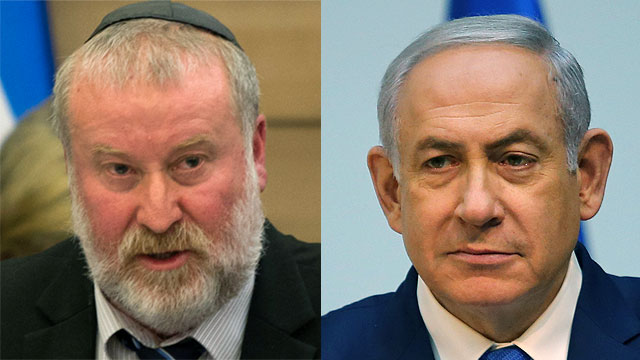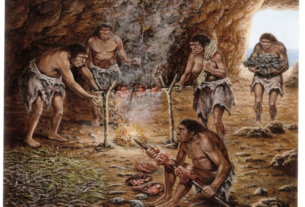The attorney general on Thursday charged Prime Minister Benjamin Netanyahu in all three corruption cases. Avichai Mandelblit decided to indict Israel’s leader on charges which include bribery, fraud and breach of trust. It is the first time in the nation’s history a sitting premier faces a criminal trial. Shaul Elovich and Arnon Moses are also indicted in Cases 4000 and 2000 respectively.
The charges is a heavy blow to Netanyahu’s hopes to remain in office although he is not required to resign. Netanyahu has called the allegations part of a witch hunt, lashing out against the media, police, prosecutors and the justice system.
According to the indictment, Netanyahu accepted hundreds of thousands of dollars of champagne and cigars from billionaire friends, offered to trade favors with a newspaper publisher and used his influence to help a wealthy telecom magnate in exchange for favorable coverage on a popular news site.
The most serious charges were connected to so-called Case 4000 and include bribery, fraud and breach of trust. In the case Netanyahu is accused of passing regulations that gave his friend, telecom magnate Shaul Elovitch, benefits worth over $250 million to his company Bezeq. In return, Bezeq’s news site, Walla, published favorable articles about Netanyahu and his family. Shaul Elovitch and his wife Iris have also been charged with bribery by the attorney general.
In Case 2000, in which Netanyahu and Yedioth Ahronoth and Ynet owner Arnon Mozes allegedly discussed mutual assistance to promote one another’s interests during private meetings that began in 2009 and lasted for several years, Netanyahu is charged with fraud and breach of trust. Mozes has been charged with bribery over the affair.
Charges of fraud and breach of trust also signify Case 1000, in which Netanyahu’s gifts of champagne from billionaires Arnon Milchan and James Packer turned into a sort of supply line. The indictment said Netanyahu assisted the Israeli Milchan, a Hollywood mogul, in extending his U.S. visa. It was not immediately clear what, if anything, Packer received in return.
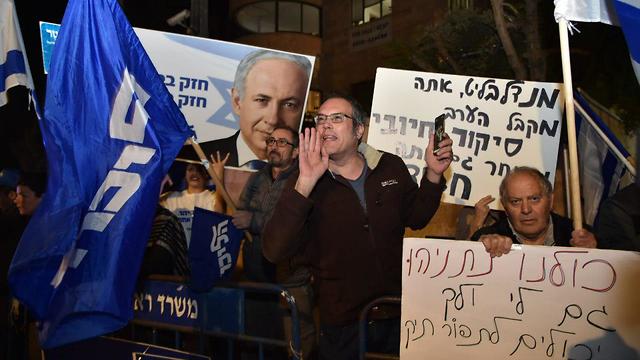
The decision comes at a tumultuous time for the country. After an inconclusive election in September, both Netanyahu and his chief rival, Benny Gantz, have failed to form a majority coalition in parliament. It is the first time in the nation’s history that that has happened.
It is unlikely that a trial will start any time soon. It could take many months before the cases are brought before the court. Netanyahu could also seek a plea deal rather than stand trial.
Netanyahu’s allies in parliament, the Knesset, have said they would push to grant him parliamentary immunity from prosecution. But with Israeli politics in unprecedented turmoil, it is unclear whether such a move is even possible.
The decision comes at a tumultuous time for the country. After an inconclusive election in September, both Netanyahu and his chief rival, Benny Gantz, have failed to form a majority coalition in parliament.
Case 1000 The investigation into the case, known as the “illicit gift affait” found there was an alleged organized system, which operated for about a decade, with Netanyahu and his family demanding and then receiving gifts from Michlan and Packer worth a total of some NIS 1 million ($200,000).
In return for the gifts, Netanyahu allegedly used his position to influence government policy for the betterment of his associates, particularly Milchan.
Tax benefits: One such favor was the premier’s invested interest in extending tax benefits for returning residents to over 10 years, something the police estimated would have saved Milchan millions of dollars. Finance Ministry officials rejected the proposal, saying it was contrary to the public interest, because fewer taxes would be collected.
US visa: Netanyahu is also suspected of working to aid Milchan renew his visa to the US. The prime minister allegedly turned to then-US Secretary of State John Kerry, then-US Ambassador to Israel Dan Shapiro and Israel’s Ambassador to the US Ron Dermer, asking for their help in extending Milchan’s visa.
Channel 2 merger: The prime minister allegedly worked to promote the merger of the two TV networks that shared Channel 2 (now Channel 12) Keshet and Reshet, which Milchan sought to run, in addition to owning shares in commercial competitor, Channel 10 (which Channel 12 has since acquired).
“Communications Ministry Director-General Shlomo Filber intervened and acted on behalf of Netanyahu in order to advance Milchan’s affairs. In return, the prime minister was promised sympathetic coverage (from Channels 2 and 10),” police said.
The Tata project: According to the police, the most glaring example of Netanyahu working against Israel’s interests to benefit Milchan was his efforts promote a free trade zone on the Israel-Jordan border, a project Milchan sought to promote as part of his partnership with Indian industrialist Ratan Naval Tata.
The project, which police noted went against the recommendations of the defense establishment, would have generated Milchan and Tata “a huge profit,” but ended up being scrapped because it would’ve cost the state an unreasonable amount in security expenses.
Channel 10: Netanyahu allegedly acted in violation of the law when he handled the affairs of Channel 10, despite knowing his friend Milchan owned shares in the channel.
Case 2000
Police say that Netanyahu and Yedioth Ahronoth/Ynet owner and publisher Arnon Mozes discussed mutual assistance to promote one another’s interests during private meetings that began in 2009 and lasted for several years.
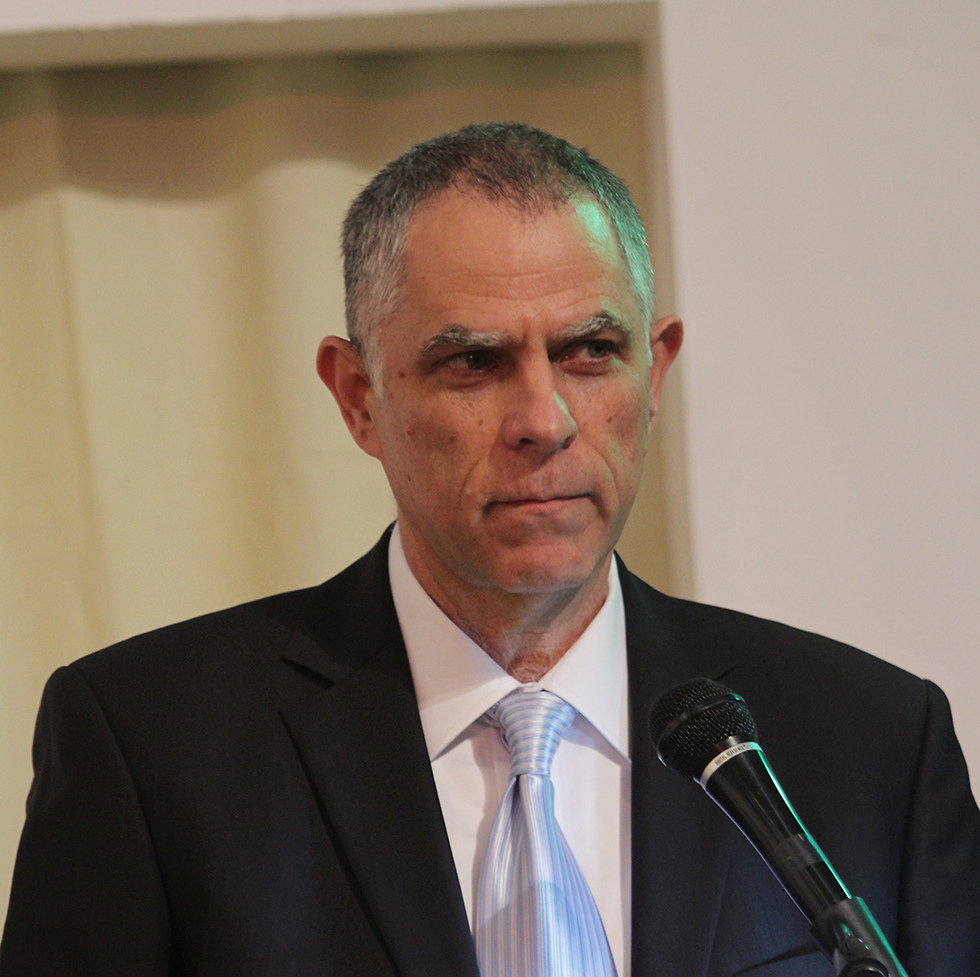
As part of these talks, the two allegedly discussed the possibility of Mozes helping Netanyahu secure his position as prime minister through positive and favorable coverage in Yedioth Ahronoth. In return, the prime minister would aid Mozes to promote Yedioth’s financial interests by initiating and supporting moves to weaken rival newspaper Israel Hayom.
The investigation further found Netanyahu and Mozes took actual steps to promote each other’s interests as part of the understandings reached between them, “or at the very least made it appear to the other they were doing so,” police noted.
Among the steps Netanyahu allegedly took to aid Mozes were: his support of a bill to prevent the free distribution of newspapers, dubbed the “Israel Hayom bill” as the daily is handed out for free; his efforts to reduce Israel Hayom’s distribution; and his efforts to cancel the paper’s weekend edition.
In addition, Netanyahu, the minister of communications at the time, allegedly mediated between Mozes and potential buyers for Yedioth Ahronoth.
The police investigation was based on two recordings made at Netanyahu’s behest and without Mozes’ knowledge. The recordings document meetings between Netanyahu and Mozes at the Prime Minister’s Residence in Jerusalem and were recorded by his then-chief of staff Ari Harow on his cellphone. Harow has turned state’s witness.
Both Netanyahu and Mozes told that they did not truly intend to promote the matters discussed in their talks.
Case 4000
This case, which is also known as the “Walla!-Bezeq affair,” is considered by police and the Israel Securities Authority as the gravest of the three cases. Two of Netanyahu’s top confidants – former Communications Ministry director-general Shlomo Filber and former media advisor Nir Hefetz – have turned state’s witness and are believed to have provided police with incriminating evidence.
Netanyahu is suspected of taking bribes and acting in a conflict of interest by promoting regulations worth hundreds of millions of dollars to Bezeq and its then-majority shareholder Shaul Elovitch, including Bezeq’s merger with the satellite TV company Yes. In return, the prime minister allegedly demanded – both directly and indirectly – to receive favorable coverage on Walla! News, which is owned by Bezeq.
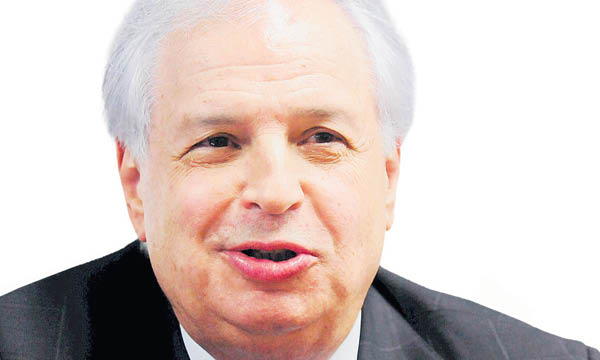
According to the police investigation, from 2012 to 2017 the prime minister and his associates “blatantly intervened” on a near-daily basis in the Walla! News site, using the connections with Elovitch and his wife Iris to influence appointments there and to promote flattering articles and pictures while quelling critical stories of the prime minister and his family.
Police also said the Elovitches influenced the content published on Walla! News in return for regulatory decisions made by Netanyahu, which benefitted Shaul Elovitch and the Bezeq company.
Elovitch and his wife Iris are also suspected of giving bribes, obstruction of justice and money laundering. In addition, Stella Handler, the former CEO of Bezeq, and Amikam Shorer, the former chief strategy and corporate development Officer at Bezeq, could also face charges.
Arnon Mozes is the publisher and owner of Yedioth Ahronoth Group, which includes Ynet and Ynetnews.

